In the world of IT, the cloud has revolutionized the way businesses operate, providing unparalleled flexibility, scalability, and cost-efficiency. Cloud computing, coupled with the versatility of hybrid cloud solutions, has become the driving force behind the digital transformation of enterprises worldwide. In this blog, we’ll take a deep dive into these transformative technologies and understand their impact on modern IT landscapes.
Understanding Cloud Computing
Cloud computing refers to the delivery of computing services, including servers, storage, databases, networking, analytics, and software, over the internet. Instead of owning and maintaining physical data centers and servers, organizations can access these resources as needed from cloud service providers. Cloud computing can be categorized into three main service models:
- Infrastructure as a Service (IaaS): This provides virtualized computing resources over the internet, such as virtual machines, storage, and networking.
- Platform as a Service (PaaS): PaaS offers a platform that allows developers to build, deploy, and manage applications without worrying about the underlying infrastructure.
- Software as a Service (SaaS): SaaS delivers software applications over the internet on a subscription basis, eliminating the need for local installations and maintenance.
The Advantages of Cloud Computing
- Scalability: Cloud resources can be scaled up or down based on demand, allowing businesses to handle peak workloads without investing in additional infrastructure.
- Cost-Efficiency: Organizations pay only for the resources they use, reducing capital expenditures on hardware and maintenance.
- Flexibility: Cloud services offer agility and the ability to rapidly deploy new applications and services, enhancing time-to-market.
- Reliability: Leading cloud providers offer high levels of uptime and redundancy, reducing the risk of service disruptions.
The Power of Hybrid Cloud Solutions
While the public cloud offers many benefits, some organizations require a hybrid approach. Hybrid cloud solutions combine the use of both public and private clouds, allowing data and applications to be shared between them. This approach offers several advantages:
- Data Security: Sensitive data can be kept on a private cloud, ensuring greater control and security.
- Scalability and Cost Control: Organizations can leverage public cloud resources for scalability while maintaining critical workloads in a private cloud.
- Compliance: Hybrid clouds can meet regulatory requirements by segregating sensitive data from public resources.
The Future of Cloud Computing
As technology continues to evolve, so does the cloud computing landscape. Emerging trends include:
- Edge Computing: Bringing cloud resources closer to data sources for real-time processing, benefiting IoT and critical applications.
- Multi-Cloud Strategies: Utilizing multiple cloud providers for redundancy, cost optimization, and avoiding vendor lock-in.
- Serverless Computing: A serverless architecture abstracts server management, allowing developers to focus solely on code.
In conclusion, cloud computing and hybrid cloud solutions are at the forefront of IT innovation, enabling businesses to scale, innovate, and stay competitive in a rapidly changing digital world. As these technologies continue to evolve, organizations that embrace them will find themselves better equipped to adapt to the challenges and opportunities of the future.





